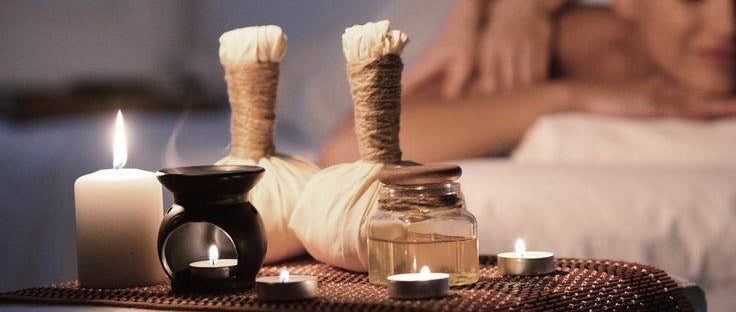The Power of Aromatherapy: A Journey to Well-being through Essential Oils
Blog post describing a world that often feels fast-paced and stressful, people seek holistic ways to relax, rejuvenate, and promote overall well-being. Aromatherapy, using essential oils for therapeutic purposes, has emerged as a natural and effective method to achieve these goals. In this blog, we will explore the fascinating world of aromatherapy, including its history, benefits, popular essential oils, and how you can incorporate it into your daily life.
11/2/20232 min read


What is Aromatherapy?
Aromatherapy is a holistic healing practice that uses the natural aromatic essences extracted from various plants, flowers, and herbs to promote physical, emotional, and psychological well-being. These aromatic compounds, often referred to as essential oils, can be inhaled, applied to the skin, or used in diffusers to create a soothing and therapeutic atmosphere.
History of Aromatherapy
Aromatherapy has ancient roots, dating back thousands of years. It was practiced by ancient civilizations like the Egyptians, Greeks, and Chinese. The use of essential oils for their healing properties, both for physical and spiritual purposes, was prevalent in these cultures. Over time, the knowledge of aromatherapy has evolved and been integrated into modern holistic wellness practices.
Benefits of Aromatherapy
Stress Reduction: Aromatherapy can help reduce stress and anxiety by promoting relaxation and calming the mind.
Improved Sleep: Certain essential oils, such as lavender and chamomile, can aid in getting a good night's sleep.
Enhanced Mood: Aromatherapy can uplift one's mood, alleviate symptoms of depression, and help combat emotional imbalances.
Pain Management: Some essential oils possess analgesic properties that can relieve pain and discomfort when used topically.
Immune Support: Certain essential oils, like eucalyptus and tea tree, have antibacterial and antiviral properties that can support the immune system.
Popular Essential Oils
Lavender: Known for its calming and soothing properties, lavender is often used to reduce stress and improve sleep quality.
Peppermint: Invigorating and refreshing, peppermint oil can boost energy and relieve headaches.
Eucalyptus: Eucalyptus essential oil is widely used for its respiratory benefits, making it effective for colds and congestion.
Tea Tree: Renowned for its antimicrobial properties, tea tree oil is used to treat skin conditions and boost the immune system.
Lemon: This citrus oil is known for its uplifting and detoxifying effects on the body and mind.
How to Incorporate Aromatherapy into Your Life
Diffusers: Use an essential oil diffuser to disperse the aroma throughout your living space, creating a tranquil environment.
Massage: Blend essential oils with carrier oils for a calming and therapeutic massage.
Bathing: Add a few drops of your favorite essential oils to your bath for a luxurious and relaxing experience.
Inhalation: Inhale the aroma of essential oils from a tissue or handkerchief to alleviate stress or boost mood.
Skincare: Incorporate essential oils into your skincare routine by adding a few drops to your moisturizer or cleanser.
Conclusion
Aromatherapy offers a natural and holistic approach to improving physical, emotional, and psychological well-being. The power of essential oils, with their soothing and therapeutic properties, can be a valuable addition to your daily life. Whether you're looking to relax, reduce stress, or find natural remedies for common ailments, aromatherapy provides a wealth of options to explore. Take the time to discover the magic of essential oils and embrace a path to well-being through aromatherapy.
